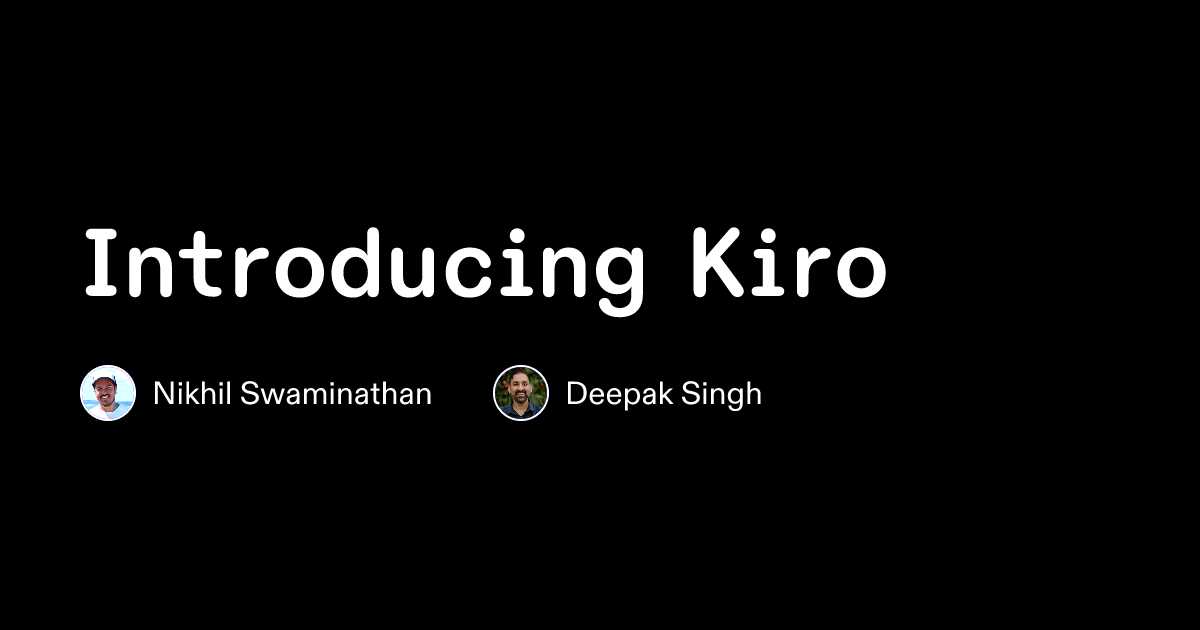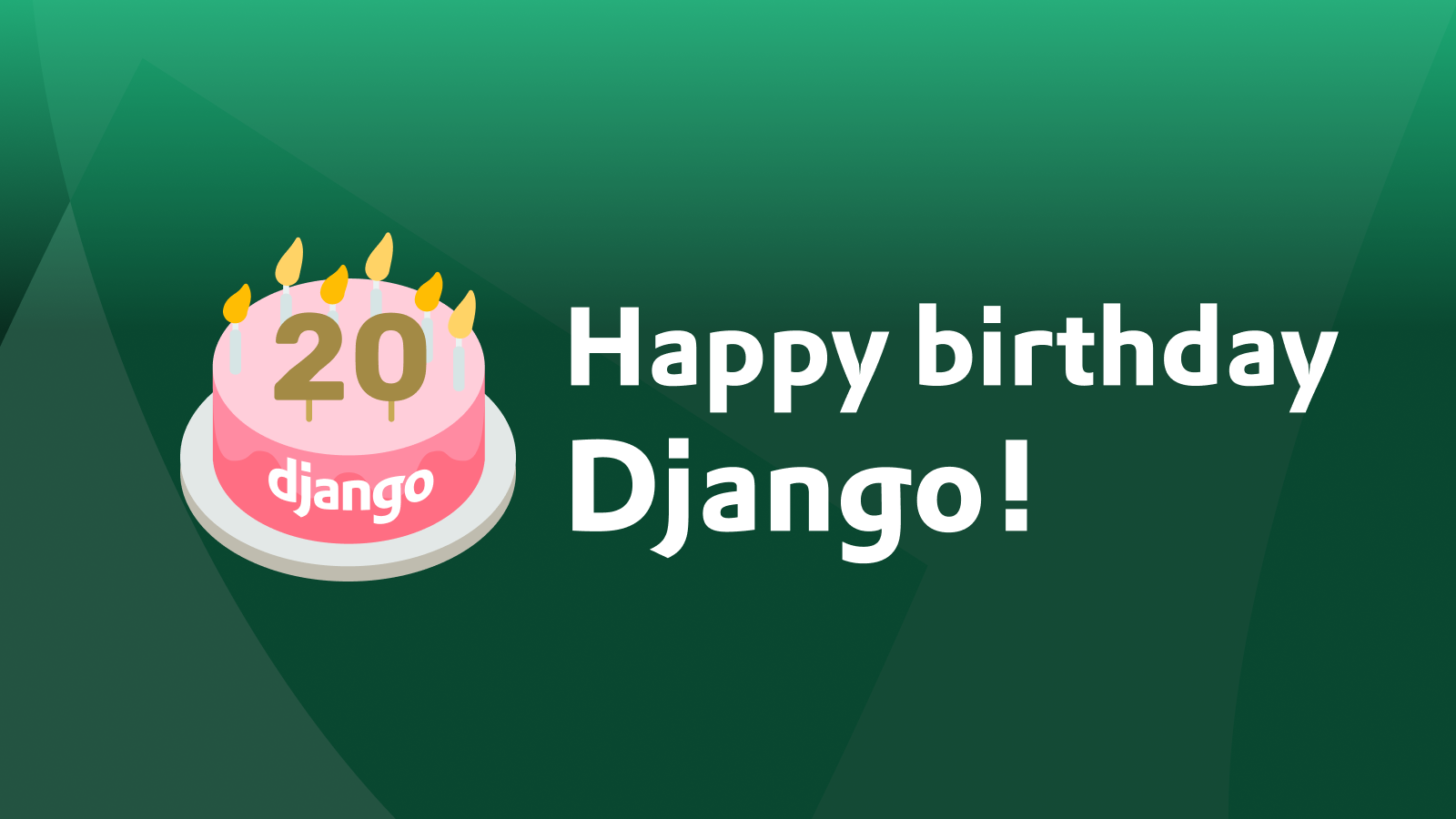arXivLabs: Experimenting with Community Collaboration

arXivLabs is a framework enabling collaborators to develop and share new arXiv features directly on the website. Individuals and organizations involved embrace arXiv's values of openness, community, excellence, and user data privacy. arXiv is committed to these values and partners only with those who share them. Got an idea for a project that will benefit the arXiv community? Learn more about arXivLabs.






